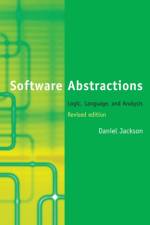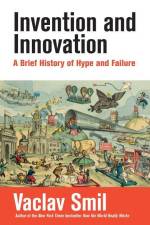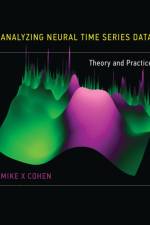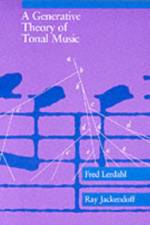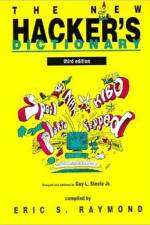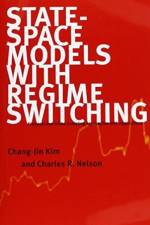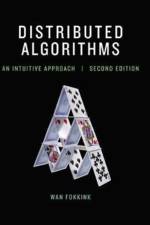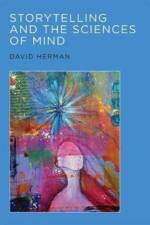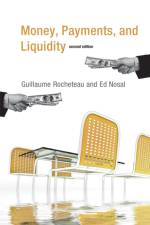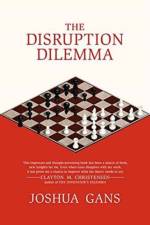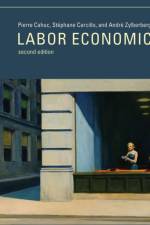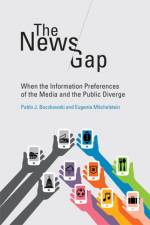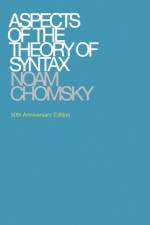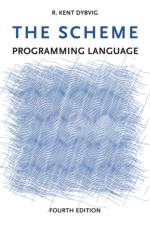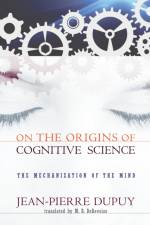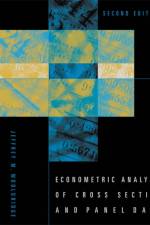von Vaclav Smil
23,00 €
From the New York Times-bestselling author, a new volume on the history of human ingenuity-and its attendant breakthroughs and busts.The world is never finished catching up with Vaclav Smil. In his latest and perhaps most readable book, Invention and Innovation, the prolific author-a favorite of Bill Gates-pens an insightful and fact-filled jaunt through the history of human invention. Impatient with the hype that so often accompanies innovation, Smil offers in this book a clear-eyed corrective to the overpromises that accompany everything from new cures for diseases to AI. He reminds us that even after we go quite far along the invention-development-application trajectory, we may never get anything real to deploy. Or worse, even after we have succeeded by introducing an invention, its future may be marked by underperformance, disappointment, demise, or outright harm.Drawing on his vast breadth of scientific and historical knowledge, Smil explains the difference between invention and innovation, and looks not only at inventions that failed to dominate as promised (such as the airship, nuclear fission, and supersonic flight), but also at those that turned disastrous (leaded gasoline, DDT, and chlorofluorocarbons). And finally, most importantly, he offers a "e;wish list"e; of inventions that we most urgently need to confront the staggering challenges of the twenty-first century.Filled with engaging examples and pragmatic approaches, this book is a sobering account of the folly that so often attends human ingenuity-and how we can, and must, better align our expectations with reality.

